If you’re planning to build a birds’ nest or you’re simply curious about “why do baby birds die in the nest?”, then this article is for you.
There are several reasons for nestling mortality, including abandonment, starvation, dehydration, disease, predators, nest-site competition, and overheating.
Today, we’re discussing13 possible causes for baby birds dying in the nest. Let’s get started.
1. Abandonment
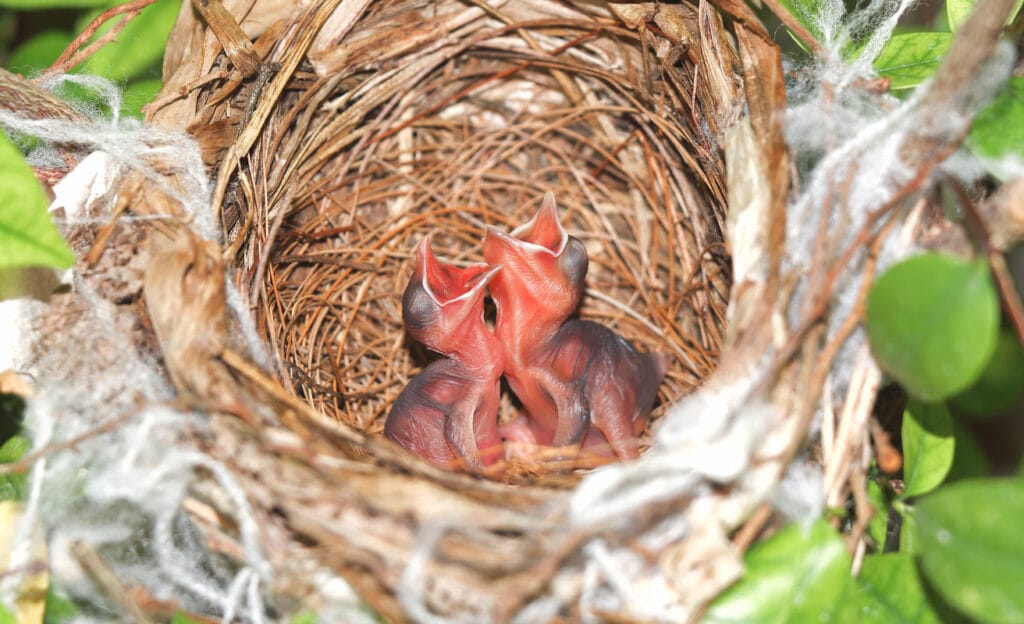
Parents abandoning their nests is among the most common reasons for baby birds’ death. Now, there are a few reasons why this may happen, but first, let’s bust a myth.
A lot of people say that if you touch a baby bird with your bare hands, your scent will drive the parent birds to leave their babies. This is totally false because birds don’t have a keen sense of smell, to begin with. As a result, adult birds don’t recognize their younglings by scent, so they would never abandon their babies just because they interacted with humans.
Author Note: That being said, there are several reasons for parent birds abandoning their babies, none of which is justified, but that’s how nature works. As such, this doesn’t only happen in the birds’ world but across different animal species as well.
Here are the 3 main reasons for parents abandoning baby birds or even killing them:
- If the baby bird is carrying a certain infection, the mother may remove it from the nest or kill it to protect the rest of the younglings.
- If a potential predator disturbs the bird’s nest during the nesting or egg-laying stage, there’s a possibility that the parents will desert and re-nest in another location.
- As a population control policy, once the mother realizes that the number of babies is too high for her to maintain, she’ll eliminate the weakest ones.
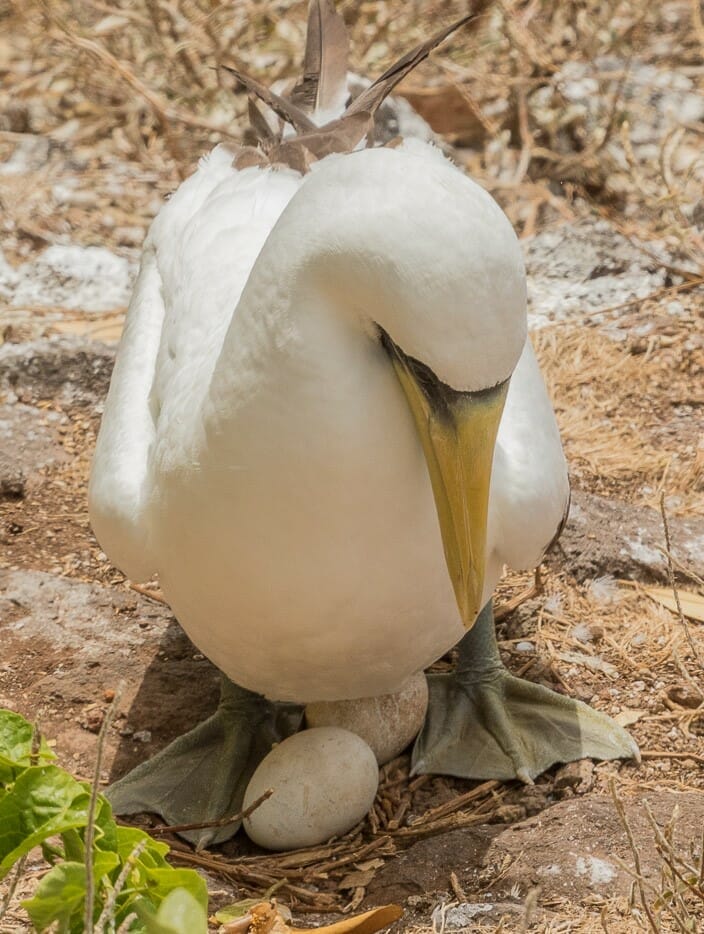
2. Loss of a Parent
Another parent-related reason why baby birds die in the nest is the loss of one of the parents.
If one parent dies or disappears, particularly during the nestling stage, the remaining parent may abandon the nest to search for a new mate and start over. This, of course, leaves any baby bird too vulnerable to survive.
Since two parents need to work together to feed both their nestlings and themselves, the loss of one parent may doom some of the nestlings, unless the remaining parent can make up for it by increasing the feeding rate.
3. Starvation
Nestlings are completely dependent on their parents for food, and as a result, they’re likely to starve if parents abandon the nest or one of them goes missing.
Starvation becomes a potential disaster during winter when most insects stop flying due to cold, wet, or windy weather. If the adult birds are already having trouble finding food, there’s an even slimmer chance any of the food will find its way to the nest.
Starvation strikes the smallest and weakest first, but it may kill all the baby birds if food resources are dramatically decreased by prolonged unfavorable weather.

4. Dehydration
Generally speaking, baby birds receive all their fluid intake requirements from eating insects and grubs. If there’s a shortage of food, chances are that the babies won’t get enough water in the nest.
5. Overheating
Baby birds can also die in the nest from exposure to too much heat, otherwise known as hyperthermia. This is especially likely if the temperatures inside the nest exceed 95 degrees Fahrenheit (35 degrees Celsius).
Overheating commonly happens if a parent bird is out on a sunny day for a long time searching for food, leaving the chicks in the nest at risk.
So, if you’re building a nest, you should add ventilation holes in hot locations to prevent overheating. Also, don’t use boxes that are too small.
6. Chilling

Prolonged exposure to cold temperatures, also known as chilling, is most very likely to kill nestlings because they must produce energy and heat from food just when they need to use it to survive. Not to mention, food may already be scarce in such conditions.
This is why chilled baby birds require extra brooding by their mother. Unfortunately, this will cut her foraging time shorter during a period when adults are already having trouble finding food.
Nestlings between 6 to 9 days old are the most vulnerable because they don’t have the ability to generate enough body heat on their own. Also, their feathers aren’t yet fully developed, so they can’t provide adequate protection from heat loss.
As with starvation, chilling affects the smallest and weakest first, but all may die if food resources are dramatically decreased by unfavorable weather.
7. Altitude
If you take into consideration how high up nests usually are, then you can probably figure out why altitude is one of the potential reasons behind nestlings’ death.
For example, if there’s a storm or some especially strong wind, the nest may fall down – babies and all.
8. Genetic Disorders & Chemical Poisoning
Other causes of baby birds’ death in nests include genetic disorders and chemical poisoning. Both of which are almost impossible to diagnose without lab analysis.
Some embryos fail to develop normally due to such reasons, which can be lethal in the egg or later during nestling stages or even after fledging.
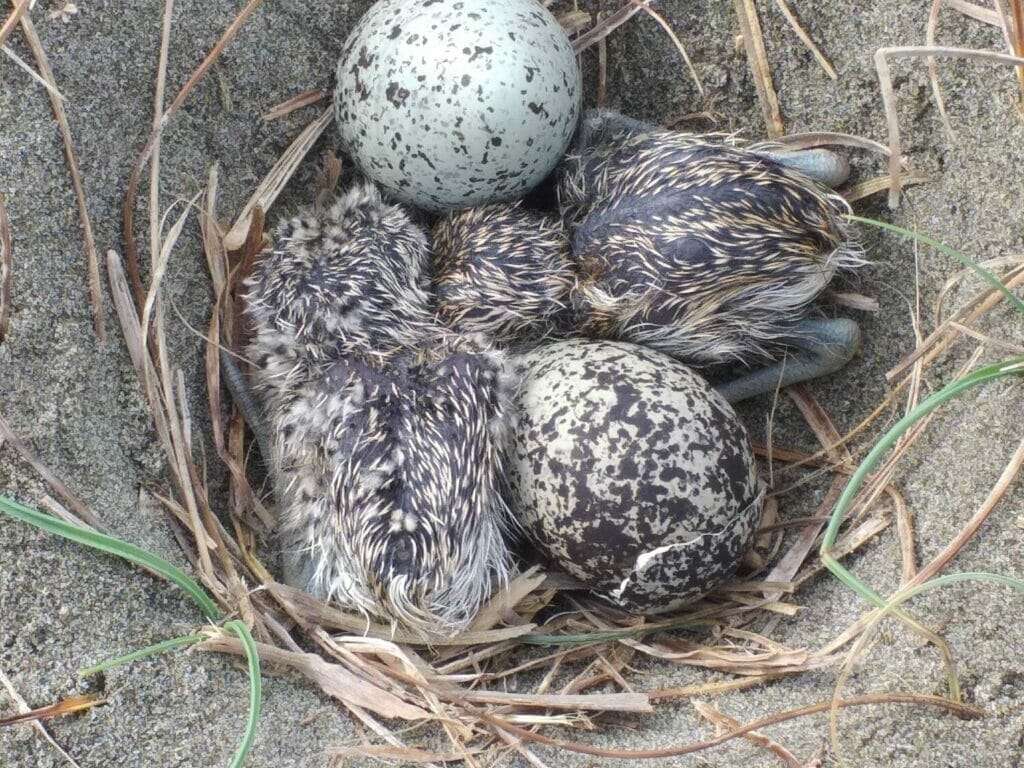
9. Diseases
Not only will parents sometimes kill baby birds that carry certain infections, but diseases may also do it for them.
Even more than adults, nestlings are prone to viral, bacterial, fungal, and protozoan diseases. In such cases, death often follows shortly.
Diseases tend to hit baby birds the hardest if they have stressed immune systems, particularly
those already weakened by starvation, chilling, injuries, or parasites.
10. Ectoparasites
Author Note: Besides birds, nests often house ectoparasites such as blowflies, larvae, fleas, and mites. These ectoparasites suck body fluids out of nestlings and adults, affecting their health and often killing the babies.
Not to mention, parents may refuse to enter their nests after being heavily infested by mites. As a result, they leave behind their nestlings to starve.
11. Predators
Many animals search for bird nests to feed on the eggs, nestlings, and adults. Mammals preying on nests include raccoons, squirrels, cats, weasels, chipmunks, and possums.
These predators may tear up nests, pull out nest material, or leave uneaten wings and feet on the ground below. On the other hand, if all nestlings disappear at once but the nest is still intact, then the predator is likely to have been a constricting snake that’s able to climb to the cavity.
Some large birds such as crows, jays, and grackles may raid nests of other birds and eat their younglings. Insects like ants may also infest nests and torment or kill nestlings.
12. Nest-site Competition (Infanticide)
Another reason why baby birds may die in nests is nest-site competition. This could happen from other cavity-nesting species (interspecific competition) that may take over a nest site after killing the adults, eggs, or nestlings in the process.
Nest-site competition may also happen from birds of the same species (intraspecific competition) where both females and males compete fiercely for limited nest sites. The parents could be killed for the nest, leaving the young defenseless.
A special type of intraspecific competition is called infanticide, in which floating adults that want to take over a nest site kill nestlings. For example, a floater male may throw out the baby birds if they are small enough to carry or peck them to death if they’re a bit older.
This move may cause the female parent to re-mate with the raiding male and produce a new set of younglings. Similarly, floater females may kill baby birds to force resident females to give up their nest sites.
13. Sibling Rivalry
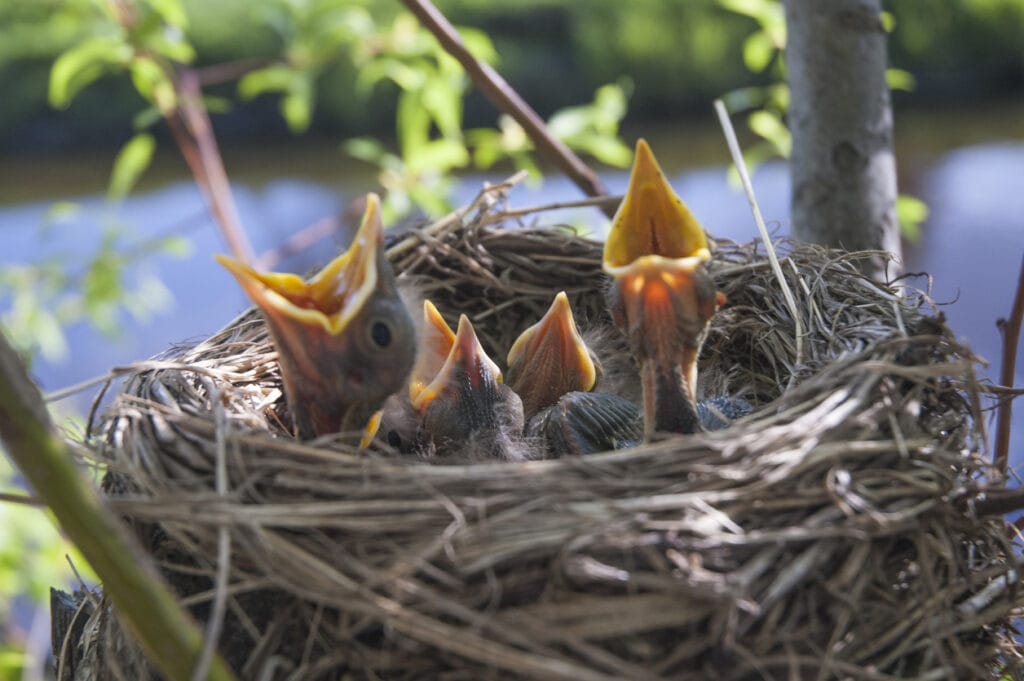
The sibling rivalry concept extends to birds as well, but unlike humans, it often results in death. In most bird species, it’s common for an egg to hatch a few days before the other, which means the first baby bird gets all the attention from the parents.
Author Note: He or she will usually bully the younger sibling who’s much smaller in size since it already hasn’t been getting enough food. This bullying continues until the younger baby dies.
14. Human Activity
Baby bird mortality can be attributed to deliberate nest vandalism or disturbance by curious people, causing parents to desert their nests followed by the death of eggs or nestlings.
Additionally, contamination of local environments and food resources by toxic pesticides, herbicides, and industrial pollutants may threaten birds’ survival by disrupting their internal metabolic processes.
Finally, collision with vehicles can play a part in the death of baby birds in nest sites located near roads. If parents end up on road surfaces where they get accidentally run over or hit, their nestlings are bound to die alone.
Wrap Up
So why do baby birds die in the nest? Well as you can tell, there’s no shortage of reasons. It can be a variety of things from starvation, abandonment, overheating, and chilling to diseases, predators, nest-site competition, and human activity.
Fly high friends!
FAQ
Baby doves, like all young animals, can die from a variety of causes. A few common reasons include lack of food or water, predation, disease, exposure to extreme weather conditions, and genetic or developmental abnormalities. In some cases, the parents may inadvertently harm or neglect the babies, leading to their death. It’s important to note that the mortality rate for most wild animals is quite high, and it’s not uncommon for many baby birds to die shortly after hatching.
Birds may abandon or reject chicks that are weak or diseased.This is a natural way for the parents to conserve resources for the healthy chicks. Some birds, such as crows and ravens, have been observed carrying their dead young away from the nest, which is thought to be a way of disposing of the body and preventing the spread of disease. If the death of the chick occurs in the nest, it is common for the parents to remove the dead chick as soon as possible.
There are a variety of reasons why a bird may die after being caught, it can depend on whether the bird was caught by a predator or by a human as well as the age of the bird and the state of which the bird is caught. A few reasons are, disorientation, stress, injury and lack of care.
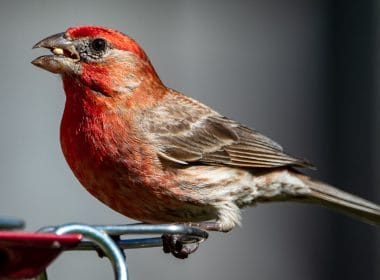

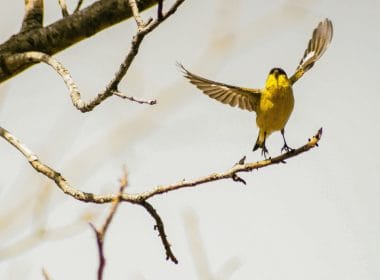

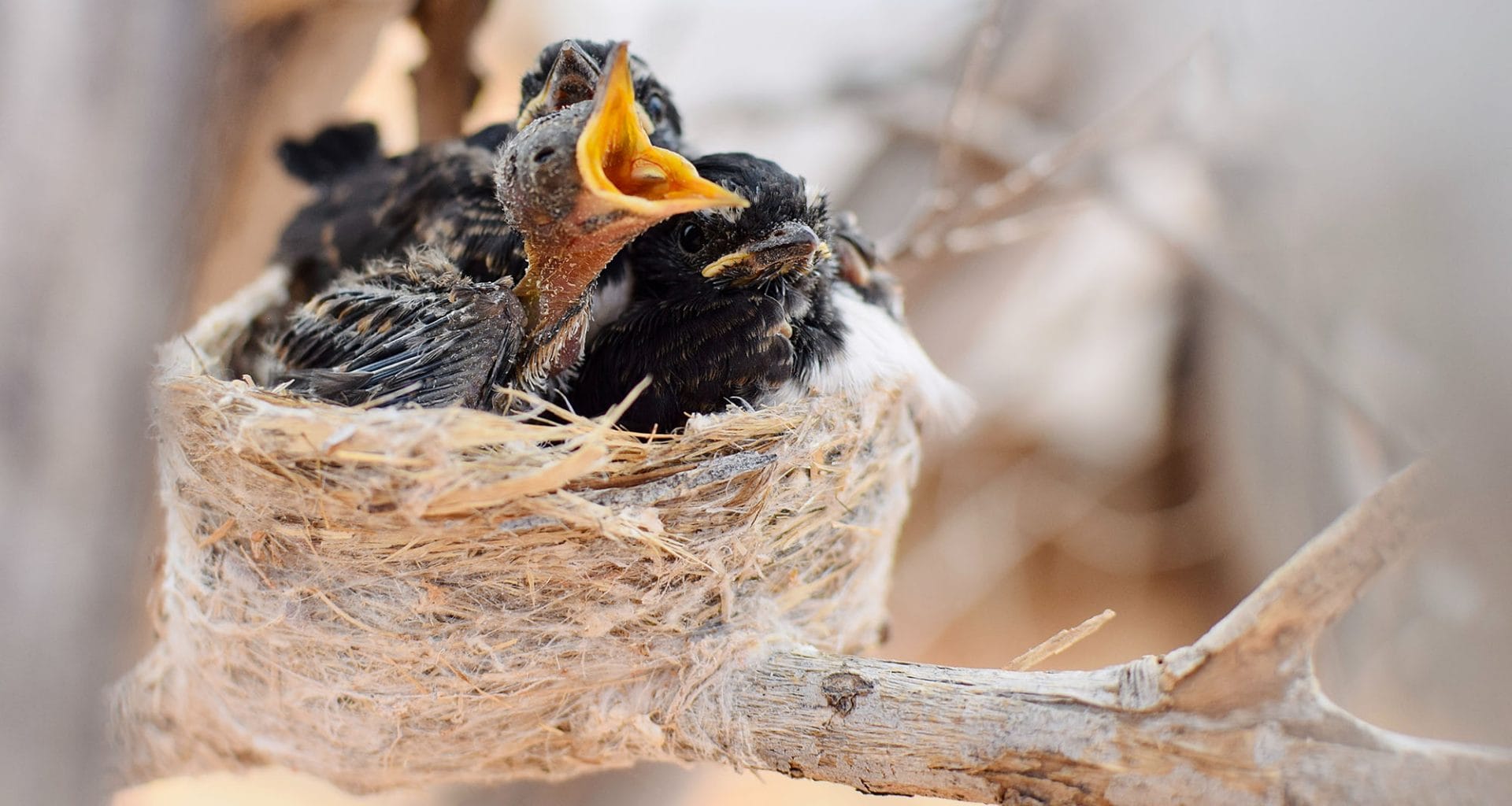
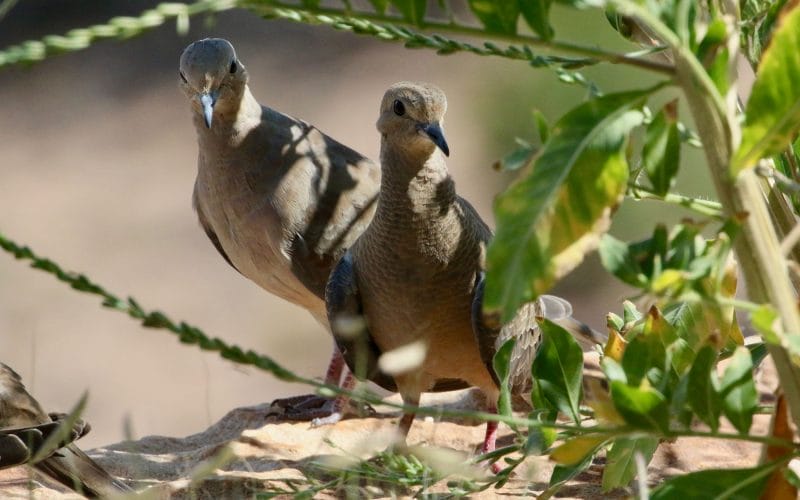
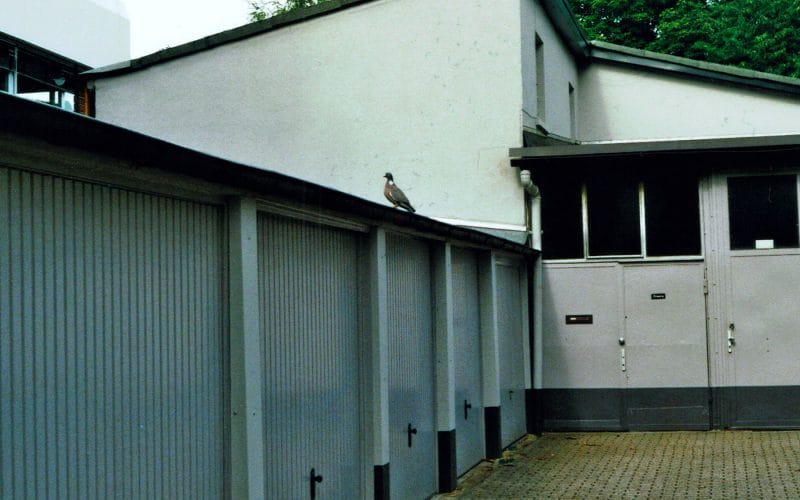
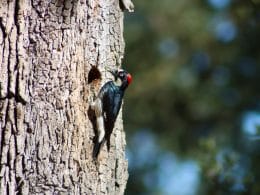
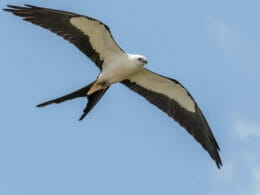
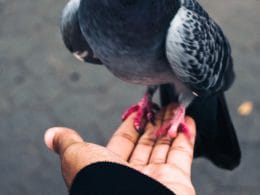
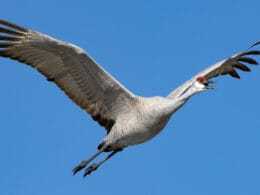
I have a Junco nest outside on my porch. Last year we had 2 families of successful fledglings. This year, our first nest had 4 eggs, and 1 hatched yesterday. Today, there is 1 egg left and 3 clumps of furry things that are not moving and mom hasn’t returned. If she doesn’t, and the babies are dead, should I clean out the nest for another family, or will they not come back to this nest? So sad.
Found three abandoned wild birds,one a cat ate so decided to save the two.we fed em high protein dog food everything was doing good but we decided to put em inside close to laundry room were it’s warm .fed em once again they seem to enjoy it . Next morning was found dead ,both birds .don’t know what we did or didn’t do right. Poor babies . 😔
Robins insist on building their nest on outside lamps near entry or garage door. During breeding the bird left the nest when we had to be near but always came back. Now there are two nestlings who seem to be fighting much of the time. One parent bird sits often on a nearby tree and watches over the nest. Feeding is sporadic. We are afraid of a repeat of last year when the young got so startled by us that they tried to fly out of the nest and killed themselves. Will modify all outside lamps to avoid future nest building.
Our Bluebirds are making their third nest. It is so hot here in FL right now, I am concerned any babies that may hatch might die from the heat. We put up the obx as directed, it is in the sun, facing south as the directions suggested and the box is a Bluebird box, so its wood. My husband thought about adding some insulation on the roof but I discouraged him from doing so as the birds are used to sitting on the roof and I though their toenails might get caught on the foam insulation he was going to use. Is there a way to keep it cooler for the eggs and babies? Could we put an umbrella above it at the top of the post?
My question is, if a nestling dies in the nest and all the others fledge, will you find the remains of the dead nestling in the empty nest? We had 5 bluebirds hatch, but one was far behind in development of the others. One day when I checked the nest, I only saw 4 birds and thought, perhaps, that ithe runt had been crushed by the other birds. We went away on vacation and returned just in time for fledging. I witnessed two actually fledge. When it became obvious that the parents weren’t coming around, we checked the box and there were no signs of a dead bird. Did the bird decay or is it possible that it actually caught up?
I loved this article and feel better about my recent experience. We had 4 baby phoebes in a nest in the eaves, 2 fell out or got kicked out, one lived the other was dead when I found them. I read I should put the baby back in the nest but last year we had the same nest used by phoebes, and one bird fell out. When I tried to put it back in the nest all the other birds jumped out and it was a disaster. This time I was ready to drive to a rehabber and thought I’d try filling a hanging flower pot with grass and pine needles. I hung it about 2 feet from the nest and the mama bird (maybe a papa too) was feeding it along with the 2 birds left in the nest. This went on for 2 days but this morning there was no action. I checked the flower pot thru a window and the little baby had died. I don’t know if the others left the nest or not but they all seem to be gone. So sad, the adults have been trying to lay eggs since mid-May.